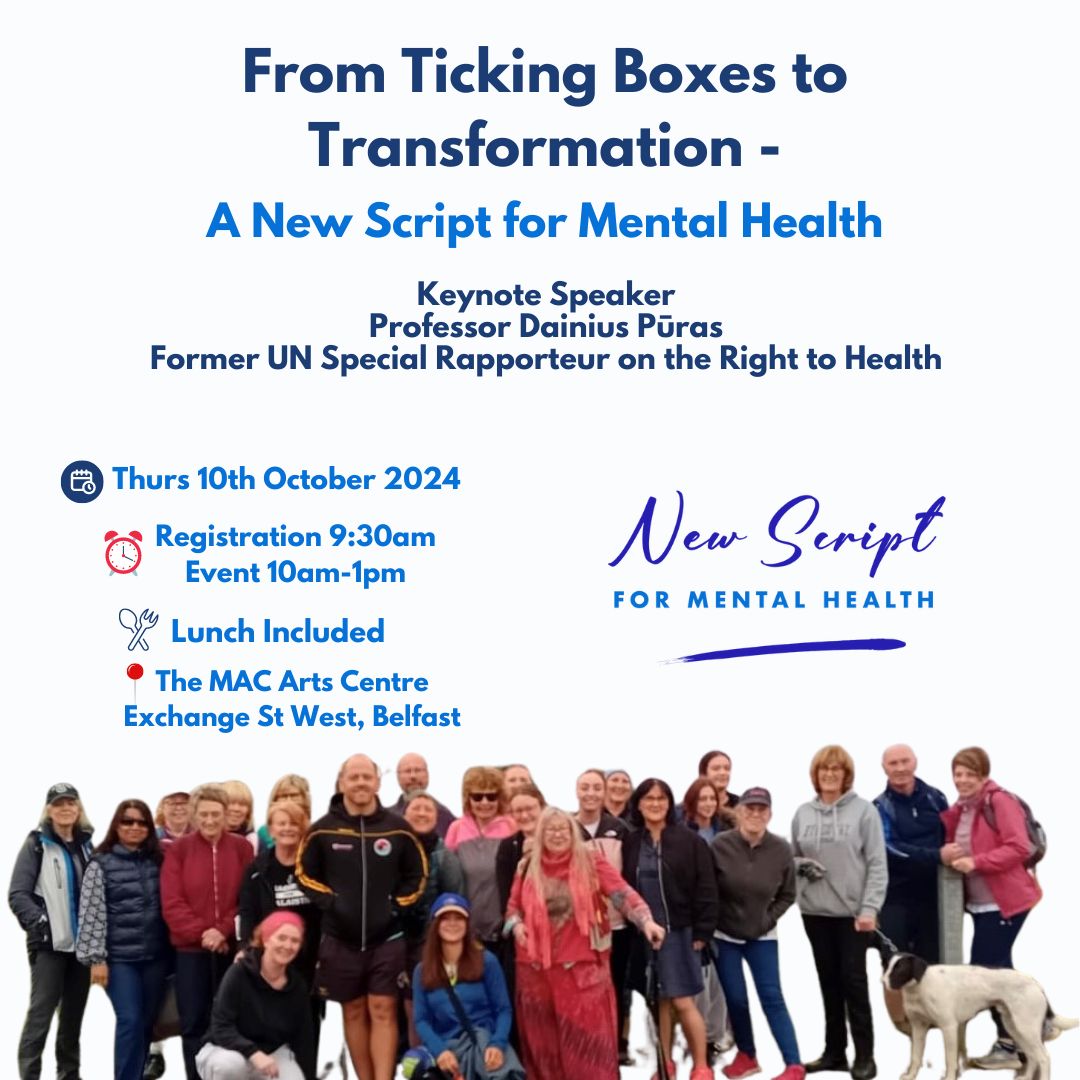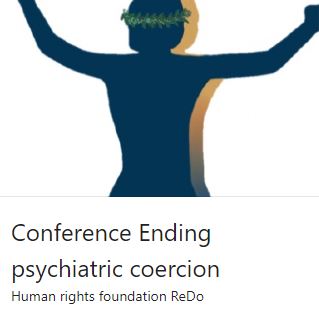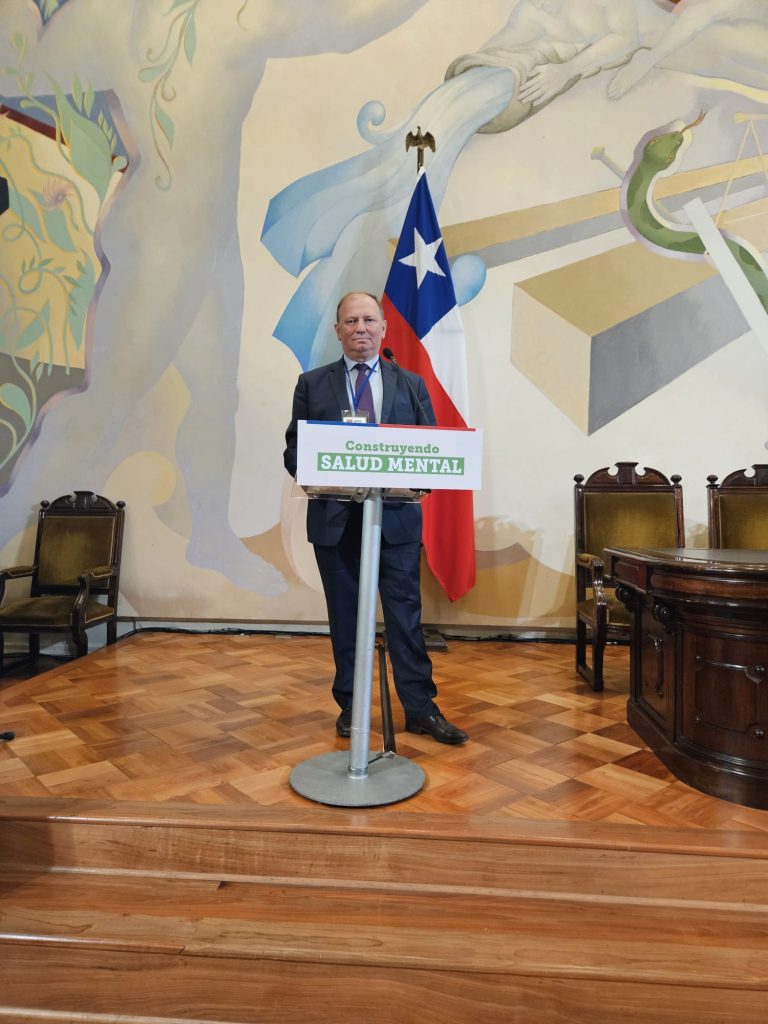Guest Speaker Presentation: Mental Health and Personhood: Human Rights Perspectives, Dr Alicia Yarmin – 6 September 2024
Date: Friday 6 September 2024
Time: 8AM (EDT)/1PM (GMT)
Chair: Lisa Cosgrove
Location: Zoom https://essex-university.zoom.us/j/92831922870
RSVP: Please register here for the talk.
Where possible, we would appreciate if attendees could register for the talk, however this is not essential as the meeting link is included above.
In this talk, Alicia Ely Yamin will first give a brief overview of concepts and international norms related to health and psycho-social disability, and human rights-based approaches to health and disability justice. Based on personal experience working with Disability Rights International, she will then discuss a concrete case example of using human rights to advance mental health and critically explore impacts of that case. Finally, Alicia will highlight challenges to implementing human rights-based approaches to mental health care in our current context.

Dr Alicia Yamin is a Lecturer on Law and the Director of the Global Health and Rights Project at the Petrie-Flom Center for Health Law Policy, Biotechnology and Bioethics at Harvard Law School and Adjunct Senior Lecturer on Health Policy and Management at the Harvard TH Chan School of Public Health; as well as Visiting Professor of Law at the Universidad Torcuato di Tella in Buenos Aires, Argentina. She also serves as Senior Adviser on Human Rights and Health Policy at the global health justice organization, Partners In Health.
Known globally for her trans-disciplinary work in relation to economic and social rights, reproductive justice, the right to health, and the intersections between development paradigms and human rights, Alicia’s career has bridged academia and activism. She has lived in Latin America and East Africa for much of her professional life and worked with local advocacy organizations, including co-founding a program on health and human rights in the Asociación Pro Derechos Humanos (Lima, Peru; 1999).
Alicia was appointed by the UN Secretary General as one of ten international experts to the Independent Accountability Panel for Women’s, Children’s and Adolescents’ Health in the Sustainable Development Goals (2016-2021). She was the chief consultant to the Office of the High Commissioner for Human Rights and drafter of the ‘Technical guidance on the application of a human-rights based approach to the implementation of policies and programmes to reduce preventable maternal morbidity and mortality,’ the first guidance on a ‘human rights-based approach to health’ to be adopted by the UN Human Rights Council. Alicia has served on numerous other UN, WHO and other global expert committees. She currently serves on WHO Global Advisory Group on Legislating Maternal Perinatal Death Surveillance and the Lancet Commission on Arctic and Northern Health.
The talk will be followed by a Q&A session with members of the audience and proceedings will conclude by 2 pm GMT / 9 am EDT.
See link for further information about the Centre for Mental Health, Human Rights and Social Justice.










